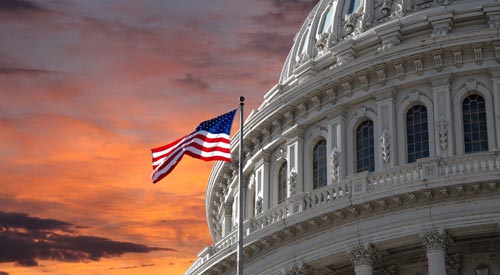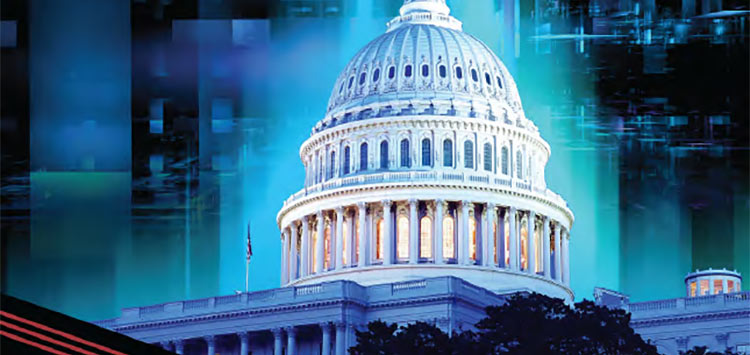How Health IT Tools are Working to Reduce the Prescription Opioid Epidemic
Healthcare Informatics: U.S. President Donald Trump earlier this month vowed to declare the U.S. opioid crisis a “national emergency,” pledging to commit more funding and attention to the issue. And, while President Trump has yet to officially declare a state of emergency, a move that could help remove barriers and would enable the federal government to devote more funding to address the drug epidemic, healthcare organization leaders have been trying to combat the worsening opioid epidemic for several years now.
According to the Drug Enforcement Administration (DEA), deaths from prescription drug abuse have outpaced those from cocaine and heroin combined in the last 14 years. According to the Centers for Disease Control (CDC), overdose deaths involving prescription opioids have quadrupled since 1999. Further, the CDC reports that, today, nearly half of all U.S. opioid overdose deaths involve a prescription opioid. In 2015, more than 15,000 people died from overdoses involving prescription opioids. What's more, each day, more than 1,000 people are treated in emergency departments for not using prescription opioids as directed.
Share
Top Stories
- VA Says Its Renewed Infrastructure Review Will Focus on Building First
- Veterans Affairs Unveils Draft for $60B T4NG 2 Vehicle
- VA is Working to Add New Features to its Health and Benefits App
- Homelessness Among Veterans Has Been Cut in Half since 2010, VA Says
- Leidos partners with Accenture to deliver CDC cloud modernization
- Top 10 privacy and cybersecurity stories of 2022
- How to Solve the Healthcare Data Conundrum
- Top 10 privacy and cybersecurity stories of 2022
- Cardinal Health CIO Michelle Greene on simplifying transformation
- Get a handle on insider threats with industry intel
- Defense Department Health Plan Cuts Its Pharmacy Network by Nearly 15,000 Outlets
- Senator questions Mark Zuckerberg over Meta's healthcare data collection policies
- ‘I Can Go Anywhere’: How Service Dogs Help Veterans With PTSD
- Cutting Thousands of Medical Personnel Won’t Reduce Access to Care, Army Surgeon General Says
- VA ‘Moving Toward Full Compliance’ With Geospatial Data Law, Watchdog Finds
- NIH Injects $130M to Provide Quality Tools, Data for AI in Medicine
i360Gov Newsletters
The most significant government policy, business, and technology news and analysis delivered to your inbox.
Subscribe NowTrending
- Leidos partners with Accenture to deliver CDC cloud modernization
- Cardinal Health CIO Michelle Greene on simplifying transformation
- Army’s New Plan to ‘Transform’ Soldier Health Care with Technology
- VA Systems are Vulnerable to Cyber Intrusions Due to Lack of Effective Oversight, Report Says
- The business value of NLP: 5 success stories
- Defense Department Health Plan Cuts Its Pharmacy Network by Nearly 15,000 Outlets
- VA ‘Moving Toward Full Compliance’ With Geospatial Data Law, Watchdog Finds
- NIH Injects $130M to Provide Quality Tools, Data for AI in Medicine


















